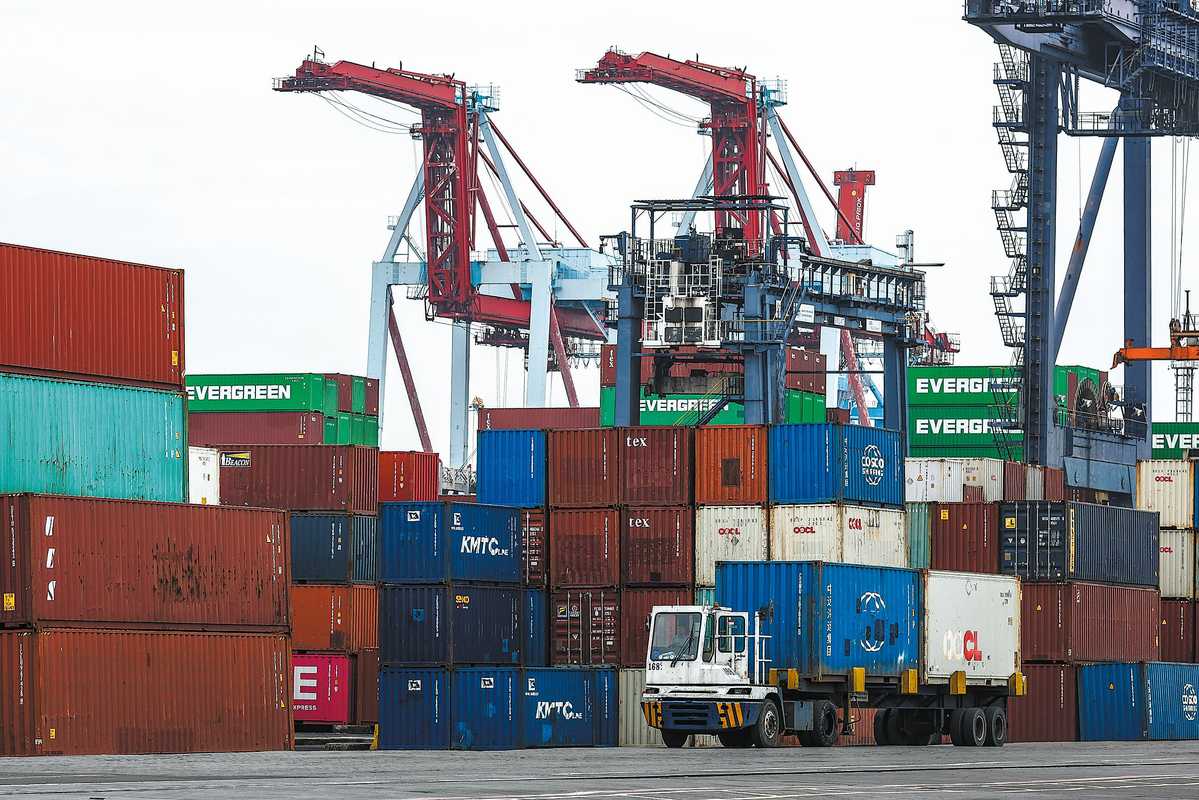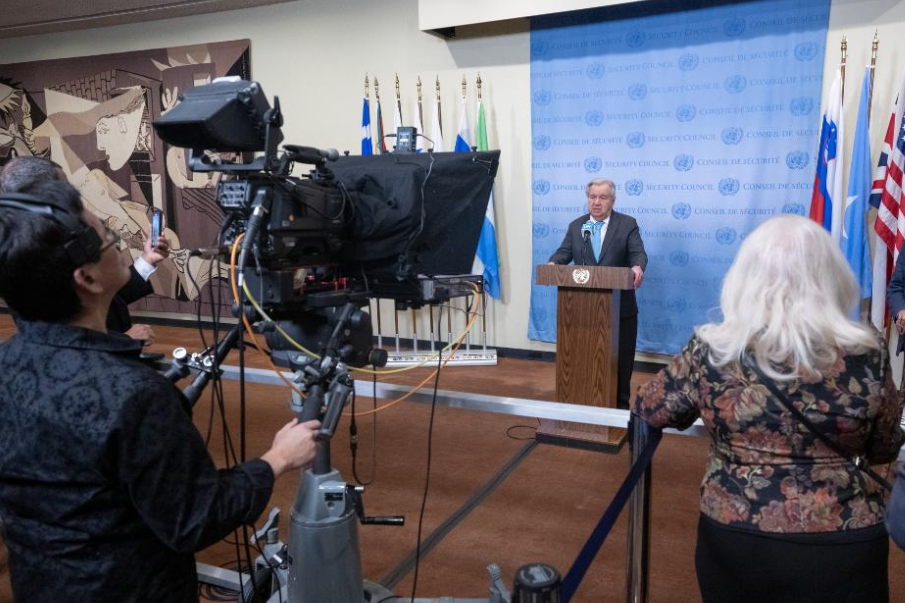ASEAN members prepare to negotiate with US in bid to head off tariffs


Southeast Asian countries will continue to negotiate with the United States over tariffs, with officials expressing hope that the latest rates announced by US President Donald Trump can be reduced, citing their cordial trade relations.
On Monday, Trump said via social media that letters had been sent to the leaders of 14 countries, including six members of the Association of Southeast Asian Nations (ASEAN): Cambodia, Malaysia, Myanmar, Laos, Indonesia and Thailand. The letters informed them that tariffs ranging from 25 percent to 40 percent will be imposed starting next month. In a later news release, the White House reiterated the figures.
Malaysia is facing a 25 percent rate, while Indonesia is looking at one of 32 percent, Cambodia and Thailand 36 percent, and Laos and Myanmar 40 percent.
ASEAN foreign ministers are convening a series of meetings in the Malaysian capital city of Kuala Lumpur on Tuesday, which are set to last until Friday. Malaysia holds the rotating chair of ASEAN for 2025.
ASEAN has not yet issued a statement on Trump's letters, but Tengku Zafrul Abdul Aziz, Malaysia's minister of investment, trade and industry, said his country "remains committed to constructive engagement with the US on trade".
Tengku Zafrul said on his social media account: "While we understand concerns about trade imbalances, we firmly believe that dialogue and engagement are the best way forward."
Noting that the US is Malaysia's second largest trading partner and largest export destination, he said unilateral measures can disrupt business operations, supply chains and investment flows that benefit both the US and Malaysia.
Wan Suhaimie Wan Mohd Saidie, head of economic research at the Kuala Lumpur-based Kenanga Investment Bank, noted that Malaysia continues to engage with the US.
"The focus now turns to how well Malaysia can absorb the (tariff) shock," Wan Suhaimie told China Daily.
"Malaysia may not have secured a tariff exemption, but it enters this phase with solid fundamentals, effective monetary tools, and an improving foreign exchange backdrop," he said.
Hasan Nasbi, head of Indonesia's Presidential Communications Office, told reporters that a team led by Coordinating Minister for Economic Affairs Airlangga Hartarto has arrived in Washington DC to negotiate with the US government.
Nasbi said the Indonesia government is optimistic in negotiating with the US, citing the fact that Indonesia had maintained good relations with many countries, including the US.
Thailand is hoping to secure a lower tariff rate than the 36 percent levy announced by Trump, based on its offer to reduce import tax on most US goods to zero, Finance Minister Pichai Chunhavajira said, adding the was "a bit shocked" by the news, according to a report filed by The Nation, Thailand's online news site.
In a last-minute bid to avoid the punitive tariff, Thailand submitted a revised proposal to the US on Sunday to boost bilateral trade volume and reduce its $46 billion trade surplus.
Japanese investment bank Nomura said Trump's latest tariff announcement is "more hawkish than expected", especially when viewed against the US president's previous statement on Vietnam.
On July 2, Trump said that he was reducing the duties on Vietnam exports from the previous 46 percent to 20 percent, claiming that Vietnam had agreed to eliminate all tariffs on US goods entering the country.
"On aggregate, tariffs were similar or higher than those announced on liberation day for five countries and lower for only three," Nomura analysts stated in a research paper issued Tuesday.
According to the Nomura paper, while reciprocal tariffs have been lowered for Cambodia (to 36 percent from 49 percent) and Laos (40 percent from 48 percent), this reduction is "very marginal". Tariffs were left unchanged at the April 2 level for Thailand and Indonesia, while Malaysia's rate was raised by one percentage point.
"The higher-than-expected tariffs on Asia will likely encourage policymakers to make some concessions on the more contentious aspects of the trade deal to get across the finish line," the Nomura paper added.
Leonardus Jegho in Jakarta contributed to this story.

































